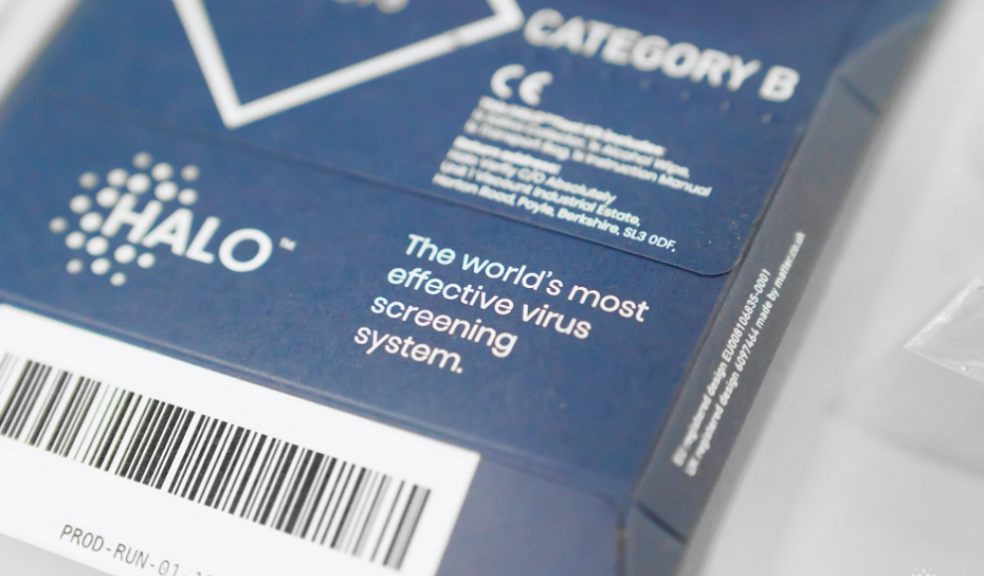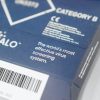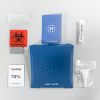
University of Exeter secures partnership with Halo for rapid Covid-19 tests
The University of Exeter has agreed a partnership with Halo, the UK’s first commercial provider of saliva-based PCR tests for Covid-19. The agreement will ensure rapid testing of students and staff at campuses in Exeter and Cornwall, providing both same day and next day results.
The simple test and fast results will enable the University to both quickly reassure people with possible symptoms but who are not infected and also identify any positive cases who can then be isolated and supported to prevent the spread of the Covid-19 virus. The University has put in place a full suite of measures to protect the whole community including providing face coverings, digital thermometers, covid-secure buildings and protocols for staff and student behaviour.
The saliva tests involve a simple spit sample into an MHRA approved container and the same type of RT-PCR analysis that is used for national testing. The system is managed by an app which records minimal contact information and delivers the result to the participant. This system will provide students with a rapid testing service without having to leave their accommodation.
Those participants who take tests in the morning will receive same day results, participants in the afternoon will receive results the next day. The test results will then be fed into the national Test and Trace system.
The Devon Free Wheelers who have been supporting South West NHS testing centres and PHE centres nationally will be working with the University in setting up this unique service.
This new partnership is part of a full range of testing options that have been developed by the University of Exeter over the summer with local Public Health teams and the Royal Devon and Exeter NHS Foundation Trust. These include the potential for supplies of swabs and testing centres on campuses combined with mobile testing units if there is an outbreak.
Sean Fielding who has been coordinating the University’s testing plans said: “We have been working hard to make our campuses and the communities around us as safe as possible. Offering rapid and reliable saliva tests is a simple way of encouraging more people to get tested and that will help us spot any potential problems early so we can take the necessary steps, working closely with local public health teams and health care providers. It’s a new service and we were keen to be one of the first organisations to lead this approach in the UK.”
The University has also set up a Rapid Response Hub for all students and staff to report symptoms and request tests. The Hub will gather information and manage responses. Further investment has also gone into student health centres so that students will be able to get medical help if they need it.
Mike Shore Nye, the University’s Registrar who has been coordinating the University’s return to campus programme said: “Saliva testing will help make our communities safer. We will not be taking up valuable NHS resources and we are able to direct the testing towards the areas of highest need. Our number one priority is the health and wellbeing of students, staff and the wider community.”
Jonathan Biles, Chief Executive of Haloverify said: “We have set up a quality controlled, very high throughput testing centre based at Imperial College London that can handle thousands of tests a week. We are delighted to be able to work with the University of Exeter to provide a bespoke version of the Halo service. The service is now available to organisations in the UK who would like to include saliva testing as part of getting Britain back to work. Regular testing is the only way to really keep on top of the virus and we see the Halo system as a key part of the solution.”














